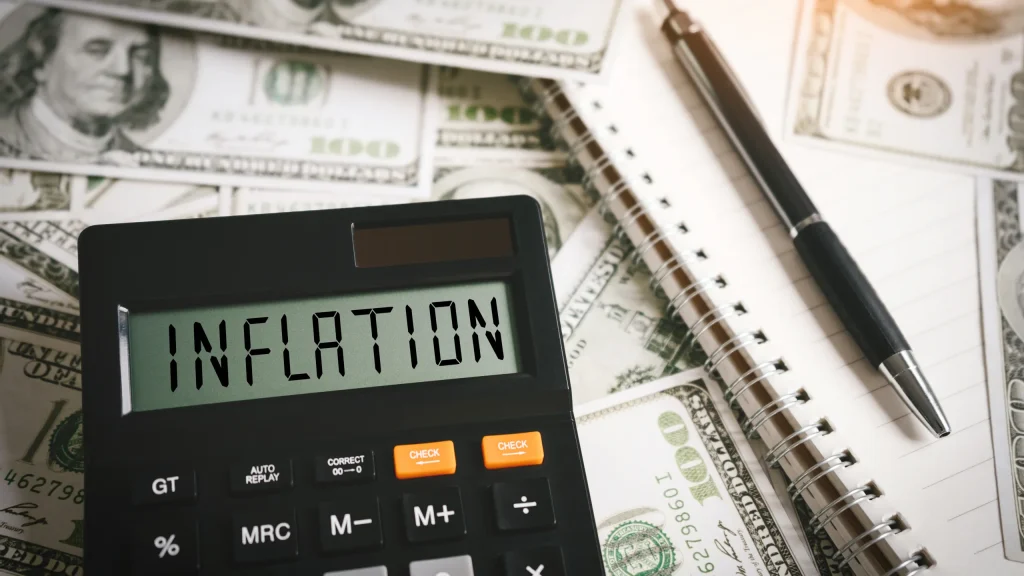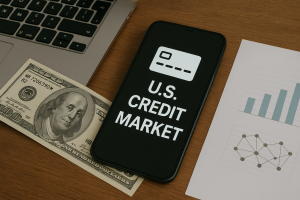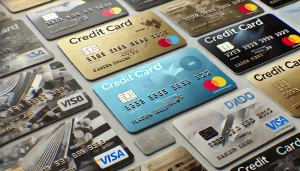Inflation is one of the most basic concepts of economics that has an immediate impact on the financial aspects of the lives of all population. This has become a common scenario, expressed through inflation, which brings in general increase in the prices and a relative or absolute decline of the money purchasing power, can really strike deeply the individual financial situation in the United States.
This blog post is going to take a look at what inflation actually is, who or what is to blame for the increases and whether there is a way you can limit the effect on your wallet. We will also look into the background of inflation especially in the United States as well as learning how to safeguard our incomes against inflation.
What is inflation?

Inflation meant the rate at which the general price level in any economy is rising for the goods and services within that economy. Inflation lowers the standard of living because the worth of money reduces with time implying that the purchasing power of money in the present time period is less than that of the previous time period.
The CPI measures the average change in price of a fixed basket of goods and services that are purchased by urban consumers; the PPI measures average change of selling price of domestic produced goods and services. These two indices are vital in the process of analyzing inflation rates and determining their outcomes on the individual’s balance.
Causes of inflation
Inflation has many causes, and they are often divided into two major groups being demand pull and cost push inflation. Demand-pull inflation is a situation where the demand for goods and services supplied in an economy is high, thus making the prices of these commodities to rise.
Different types of inflation are identified as demand pull and cost push inflation, while cost push inflation arises from a rise in the cost of production. When costs of raw materials, labor or any other input increases in the production of goods, the business organizations transfer the costs to the consumers by charging higher prices.
Impact of inflation on personal finances
The aspect of inflation plays a critical role on different aspects of personal finance. For example, one needs to consider the interest of the savings account which may be very low thus does not guarantee an adequate appreciation of the money to counter balance the rates of inflation.
Also, inflation influences specific purchases in that goods and services such as food and fuel become more costly. This puts the consumer on the back foot as they have to reconsider their budget and spending pattern to cater for the costs.
Historical perspective on inflation in the US
Periods of inflation have been witnessed severally within the context of the US and these have been characterized by different factors as well as effects. For instance, high inflation rate that occurred in the 1970s which was caused by oil price shock and expansion of monetary supply. This scenario was characterized by what became famously known as stagflation; slow economic growth, high level of unemployment and rising inflation.
More seriously, there was not a significant inflation problem in the 1990s and the early twenty-something years due to the technology factors and globalization factor that assists into maintaining a low production cost. The issue of moderate inflation which characterized this period of development meant that the overall economy was stable and available for investments to be made.
Strategies to mitigate inflation’s impact
Overall, inflation can be fought through investment, where one must buy such investment tools as stocks or properties or even some commodities like gold that are known to counter inflation than dealing with it. That can lead to preservation and growth of money’s purchasing power as a form of reserve against inflation’s effect on investments.
This is another way of increasing the quantity of money to save since the focus is on boosting income through higher pay, a promotion, or a second job. This is because through an increase in earnings, persons are in a position to be able to finance the cost of living and afford necessities, goods and services despite inflation.
Budgeting and saving adjustments
It is necessary to apply changes to personal budgets in connection with inflation rates. This involves the act of revising budgets from time to time based on the appropriate living standards. Minimizing anything that is not essential in the expenditure list and focusing more on essentials is one of the best ways people can ensure that they are financially very strong.
This is because this element too, should not remain constant and, therefore, savings strategies must also be reconsidered based on the inflation factor. Thus, preserving money in such forms as high-yield savings accounts or CDs with reasonable interest rates can reduce the effects of inflation on savings. Therefore, it is understood that regular objective check regarding the financial goals and practices can maximize their compatibility with the present economic condition.







